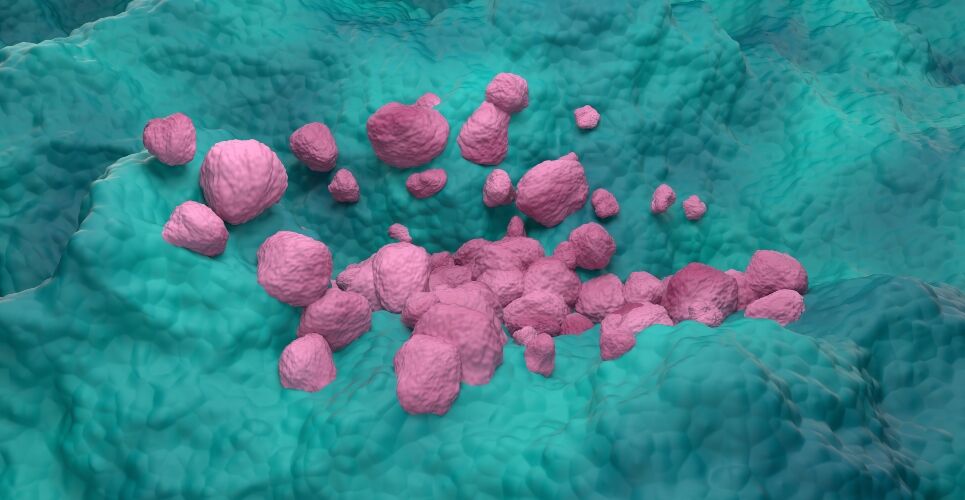High levels of two enzymes, CD39 and CD73, involved in the adenosine pathway are associated with reduced patient survival in early-stage non-small cell lung cancer (NSCLC) if found in tissue near the tumours, according to the findings of a new study.
Understanding the pathways of immune suppression is crucial to the development of new therapeutic targets for immunotherapy. In the study by the Centre for Inflammation Research at the University of Edinburgh and funded by the charity Cancer Research UK, researchers investigated why cancer immunotherapy fails so often by examining molecules that can interfere with the activity of T cells.
Published in the Journal for Immunotherapy of Cancer, the study revealed that higher levels of the CD39 and CD73 enzymes may help predict patient survival and indicate whether or not treatments will work. The researchers say the findings could help to pave the way for improved immunotherapies, allowing them to work more effectively in more patients.
NSCLC is the most common form of cancer, accounting for more than 80% of cases. While it is already known that T-cell subsets play a key role in shaping anticancer responses, there is still much to be learned to enable the development of diagnostic and therapeutic approaches.
The roles of the two enzymes, CD39 and CD73 have already been established. For instance, CD39 converts extracellular adenosine triphosphate to adenosine monophosphate and which is ultimately hydrolysed into adenosine by CD73. This liberated adenosine has highly immunosuppressive effects, enhancing the activity of suppressive immune cells.
CD39 levels in untreated NSCLC
For the study, the researchers turned to a cohort of 162 treatment naive early-stage NSCLC patients. They quantified the expression and localisation of CD39, CD73 and the tissue resident memory marker CD103.
They showed that in early, untreated NSCLC, patients had up-regulated expression of CD39 in the tumour tissue of natural killer cells, fibroblasts and T cells. In contrast, CD73 expression was mainly found among fibroblasts and Epcam+cells in the tumour tissue.
Further analysis revealed how CD39 expression was mainly localised in the tumour stroma, whereas CD73 expression was equally distributed between the tumour nest and stroma. Moreover, this high expression of both CD39 and CD73 in the tumour stroma was associated with poor recurrence-free survival at five years.
The team also observed that CD8+T cells within the tumour nest expressed CD103 and that the density of CD39+CD103+CD8+ T cells in the tumour nest, conferred a survival advantage, as witnessed by improved recurrence-free survival at five years.
Dr Ahsan Akram, Cancer Research UK clinician scientist fellow at the University of Edinburgh’s Centre for Inflammation Research, said: ‘This study helps us to understand that we need to know the types of T cells in the cancer and their location within the tumours to begin to appreciate the complexity we are dealing with.
‘We hope these results will lead to more research in this area, and in the future could help to identify patients who will do well with immunotherapies, as well as identifying earlier those that may not, so alternative treatments can be tried.‘
Further research and tests are needed alongside the integration of new technologies before any application in clinical practice is possible.

